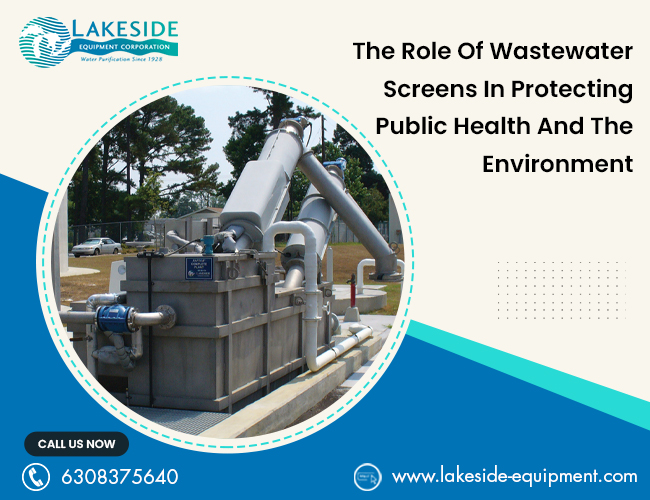Open vs. Enclosed Screw Pumps: Understanding the Differences and Applications
Due to the capacity of these pumps, the screw pumps are highly used in the industry, which are to operate variable viscosity fluids. Two basic categories of screw pump are open screw pumps and closed screw pumps. This post discusses the key differences, benefits and uses of the openvs. enclosed screw pumps, offering valuable information to industries looking for effective fluid management technology. Knowing the differences between the two is necessary to select the appropriate pump for a particular commercial use.
What are Open and Enclosed Screw Pumps?
Open screw pumps, or Archimedean screw pumps, consist of an open screw mechanism that turns within a trough. Open screw pumps are generally used in wastewater treatment, flood protection, and irrigation since they can convey high fluid volumes with low pressure heads. They are simple to maintain, and that is why they are suited to being used in locations where they must be serviced every now and again.
Screw pumps that are enclosed, however, have the screw mechanism in a casing. It is more efficient and less water loss through splashing occurs. Enclosed screw pumps are used in oil refinery, industrial processes, and chemical industries where accurate fluid control is needed, and minimum maintenance is preferred. The types of enclosed pumps are less susceptible to contamination and have a better process of fluid transfer under control.
Key Differences Between Enclosed and Open Screw Pumps
Efficiency and Energy Consumption: Open screw pumps maintain lower efficiency ratings compared to enclosed screw pumps. Due to water splashing and exposure to atmospheric pressure, there is loss of energy in the open design. Closed screw pumps with a sealed casing ensure maximum energy consumption and utmost efficiency and therefore best suited for commercial applications where the highest energy efficiency is desired.
Maintenance and Longevity: Open screw pumps are less difficult to maintain since the mechanism of the screw is exposed. They are simpler to check, clean, and fix with ease without losing much time in irrigation and water treatment systems. Enclosed screw pumps require more particular maintenance due to being sealed but are more resilient and weatherproof, hence longer service life.
Application Flexibility: Depending on the commercial application, either open or enclosed screw pumps can be used. Open screw pumps are most utilized in:
Wastewater treatment plants
Flood control stations
Agricultural irrigation systems
Drainage applications
Enclosed screw pumps, because they are efficient and have an enclosed structure, are installed in:
Oil and gas refineries
Chemical processing plants
Food and beverage manufacturing
Power generation plants
Cost Factors: Open screw pumps cost less to purchase due to their simpler construction and lesser installation requirements. They would subsequently require more regular upkeep to offset said requirements, but this would inflate life cycle expenses. More to purchase but better performing and lasting in design, enclosed screw pumps yield results which often result in lower lifecycle expenditures in high-end industrial applications.
Commercial Applications for Screw Pumps
Screw pumps have significant applications in various commercial applications where fluid transfer, precision, and reliability are crucial. Some industries utilizing commercial applications for screw pumps are:
Water and Sewage Management: Screw pumps are widely utilized in sewage, sludge, and stormwater transfer in wastewater treatment plants. Their capacity to transfer solids and debris without clogging them makes them suitable for such applications.
Oil and Gas Area: Closed construction screw pumps are applied extensively in refineries for fuel, lubricant and transportation of crude oil. They are highly effective in moving heavy fluids, making the process smooth in the petrochemical field.
Food Processing: Food and beverage industry depends on screw pumps to move ingredients such as milk, syrup and oil. The soft handling of the material guarantees them efficient processing with optimal levels of hygiene conditions without any loss.
Chemical Process Plants: Screw pumps must be used in the chemical processing industry to promote safety in the pumping of corrosive and aggressive fluids. Such a requirement, when applied, is biased toward enclosed screw pumps because they possess a sealed process to avoid leakages and contaminations.
Smith & Loveless Pista Grit System
One of the most advanced technologies employed for the removal of grit is the Smith & Loveless Pista Grit system. Specially designed to serve wastewater treatment facilities, Pista Grit removes grit particles and captures them with efficiency, keeping equipment wear-free. Equipped with its high-efficiency configuration, optimum removal of fine grit is performed at very economical energy costs. Due to the system's large flow rate capability, it makes the automatic decision for municipal and industrial wastewater treatment facilities.
Using the Smith & Loveless Pista Grit system in wastewater treatment, organizations will be able to achieve increased process efficiency and reduced maintenance costs associated with grit accumulation.
Conclusion
When choosing between open vs. enclosed screw pumps, the key differences among applications, cost, maintenance, and efficiency should be understood. Open screw pumps should be employed in wastewater and irrigation plants because they are open for access and can be easily maintained while enclosed screw pumps provide better efficiency and longevity when applied to industrial purposes.
In addition, the inclusion of sophisticated technologies such as the Smith & Loveless Pista Grit system in wastewater treatment has the capacity to optimize efficiency and reduce operation challenges. By using an appropriate screw pump type along with associated technologies, industries can maximize fluid management and realize long-term cost savings.




Comments
Post a Comment